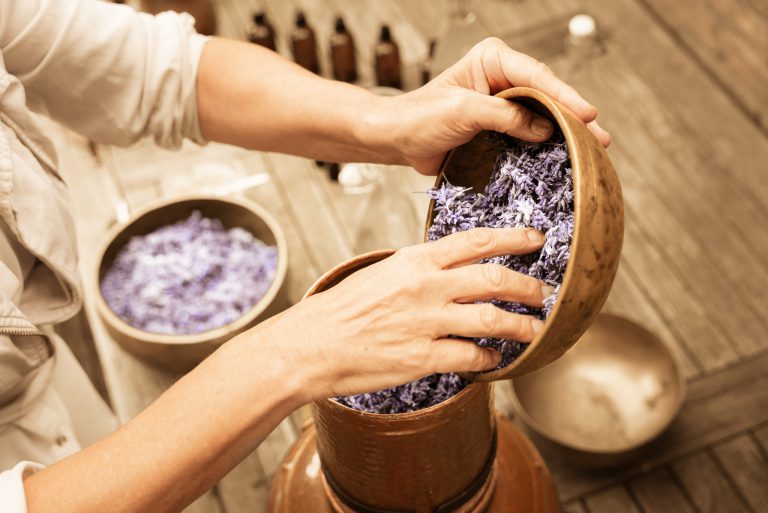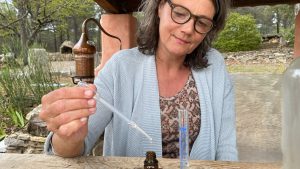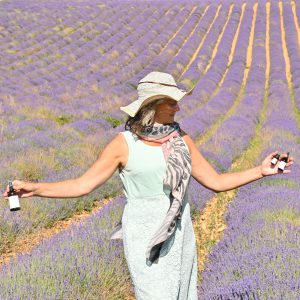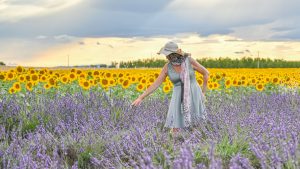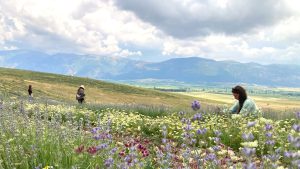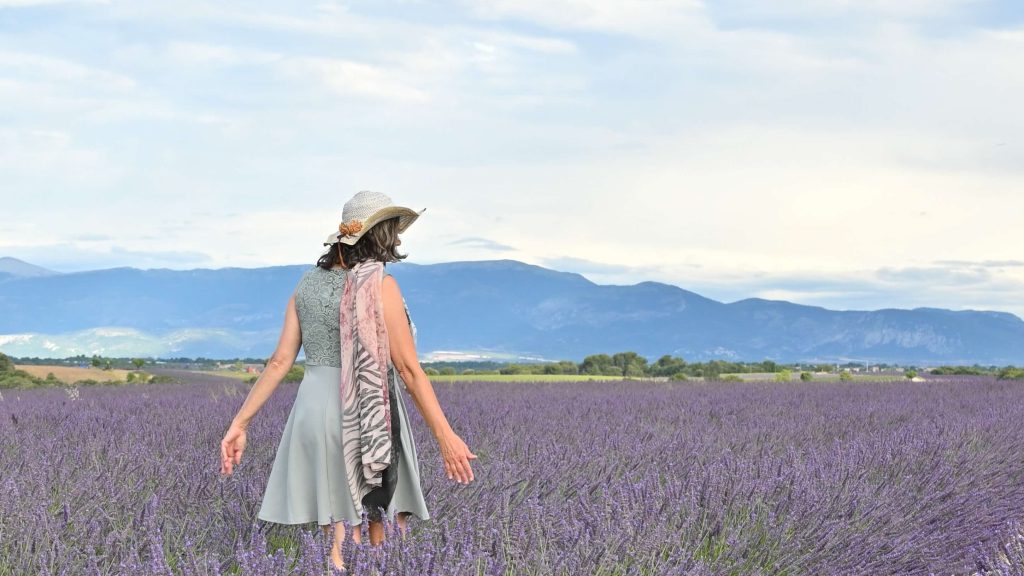
The question why plants have fragrance is regularly asked to me, including why smells some plants stronger than the other and why we can extract fragrances from one and not from the others? Enter the wonderful world of Mother Nature's scents and discover
The reason that plant have fragrance
With their scent they attract insects, which are necessary for the pollination process. But there is more, because the smell also plays an important role in deterring herbivores, animals that love to eat plant material.
The scent of the plant is necessary to attract pollinators, at the same time, the scent is also to defense mechanism, for those they want to harm. The fragrance are poisonous or unpleasant to the herbivores, so they do not harm the plant.
Fragrance is an important part of the ecosystem and plays a crucial role in the interactions between plants and their environment. Through smell, plants communicate with other organisms, enabling them to survive and reproduce in their environment.
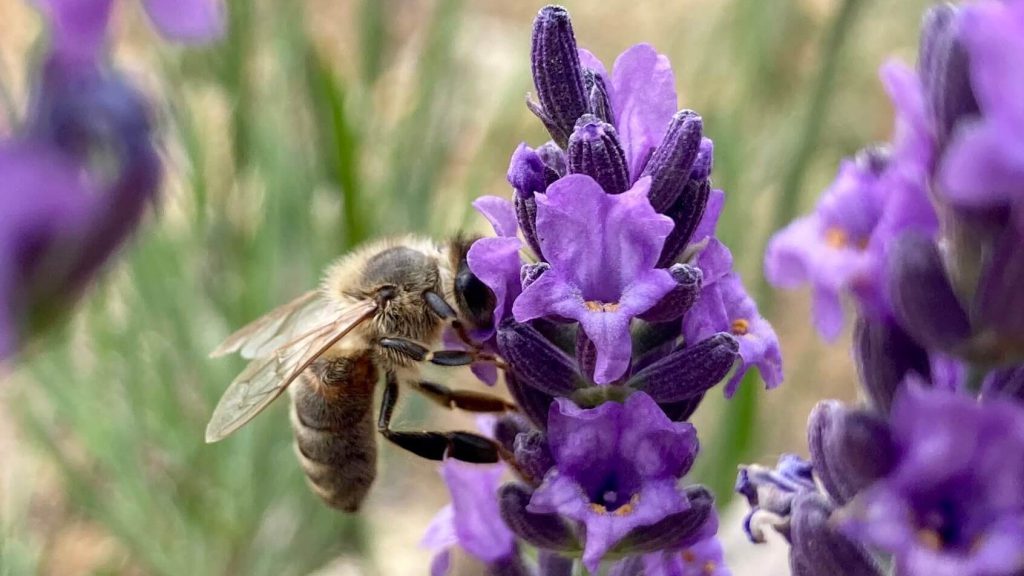
How does scent develop in a plant
A plant produces its own fragrances through a complex process known as photosynthesis. In photosynthesis, the plant makes sugars and other substances from light, water and carbon dioxide. These raw materials are processed in the cells of the plant and converted into all kinds of different substances, including the fragrant substances.
The process of making these fragrances is regulated by specific enzymes and genes in the plant. These enzymes and genes determine how much and which odoranten are produced.
Environmental factors, such as temperature, light and moisture, nutrients also influence this.
The fragrances are then transported to specific parts of the plant where they are stored until needed. When the plant needs the fragrance, the fragrances are diffuse into the air, or they "leaks" like the fragrant resin of a tree.
These fragrances are volatile substances also called essential oil or etherial oil.
These fragrant substances can be found in various plant parts, such as flowers, leaves, bark, stems, seeds, fruits or roots. These odors can be extracted from plants through different kind of productions. These are the highly concentrated essential oils or an absolute. Many plants produce less fragrances so it makes (still) impossible to “capture” them as lily of the valley.Just to imagen for one liter of lavender oil we need about 70 kg of lavender spikes and for one liter of rose oil we need 4000 kg of petals.
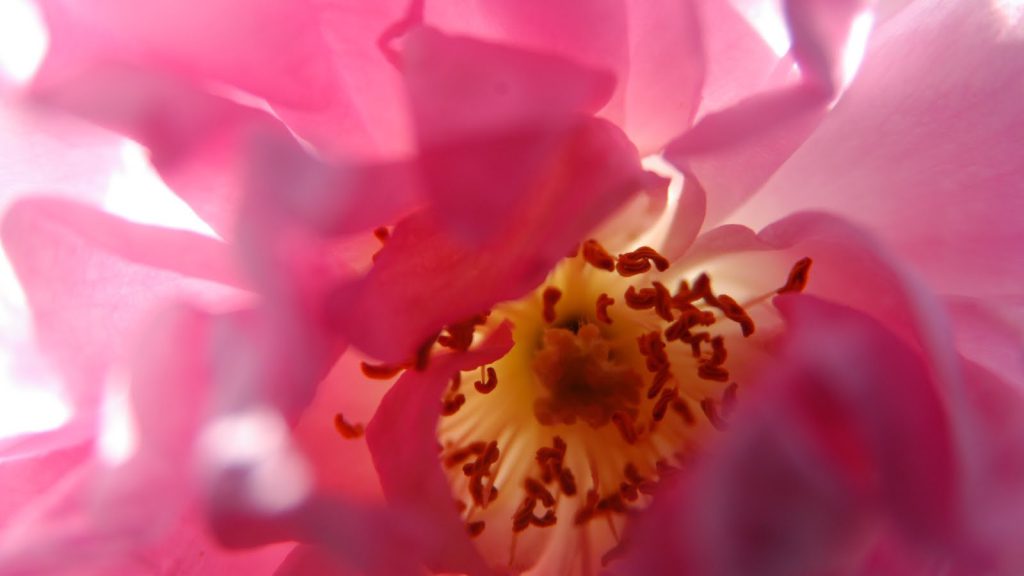
What makes one plant smell stronger than the other
The strength of the scent that a plant produces is determined by several factors, namely
- Concentration of odorants: Some plants produce large amounts of odorants, while other plants produce less odorants and therefore have a weaker scent
- Odorants type: Some types are naturally smelling stronger than others, depending on their chemical composition and structure.
- Races or Varieties: Some races or varieties of the same species of plant can vary greatly in the strength of their scent, depending on their genetic blueprint.
- Growing Conditions: The amount of essential oils a plant produces is affected by factors such as light, temperature, water and soil quality
- Age of the plant: The concentration of essential oils in a plant changes during its life. Essential oils are often most abundant in flowers and young shoots.
- Environmental factors: what is the landscape of the environment where the plant grows? Natural or residential environment, pavement, forests, sea, polluted, industrial.
For sure there will be several other factors that we do not yet know about. And also the way how different factors interact with each other.
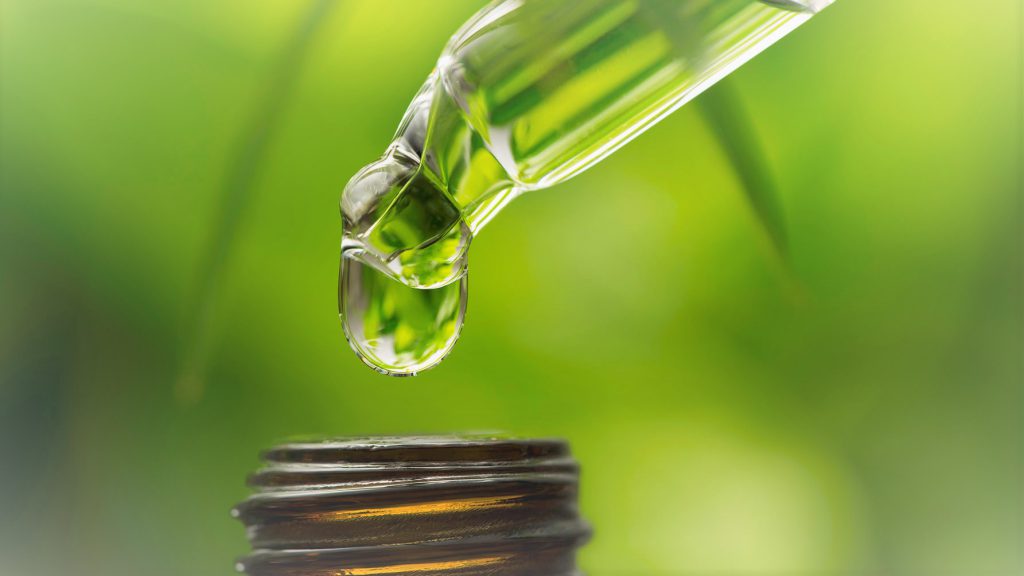
Fragrance, a gift from Mother Nature
The fact that plants produce scent through an ingenious process for their own reproduction, protection and defense, and that we can and may enjoy that scent in our daily lives, is surely a precious gift from Mother Nature.
Tip
The next time when you open a bottle of essential oil, let the scent swirl up very slowly to your nose, close your eyes, take a deep breath and smell the scent very consciously. Do this for a few minutes and, "connect" to the scent and experience what the scent does to you.
"Smelling a plant is connecting two souls. With an open heart we receive its fragrance and listen to its story. Only then we can discover what it has to offer us."
With love, Joanne


